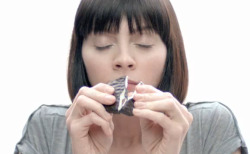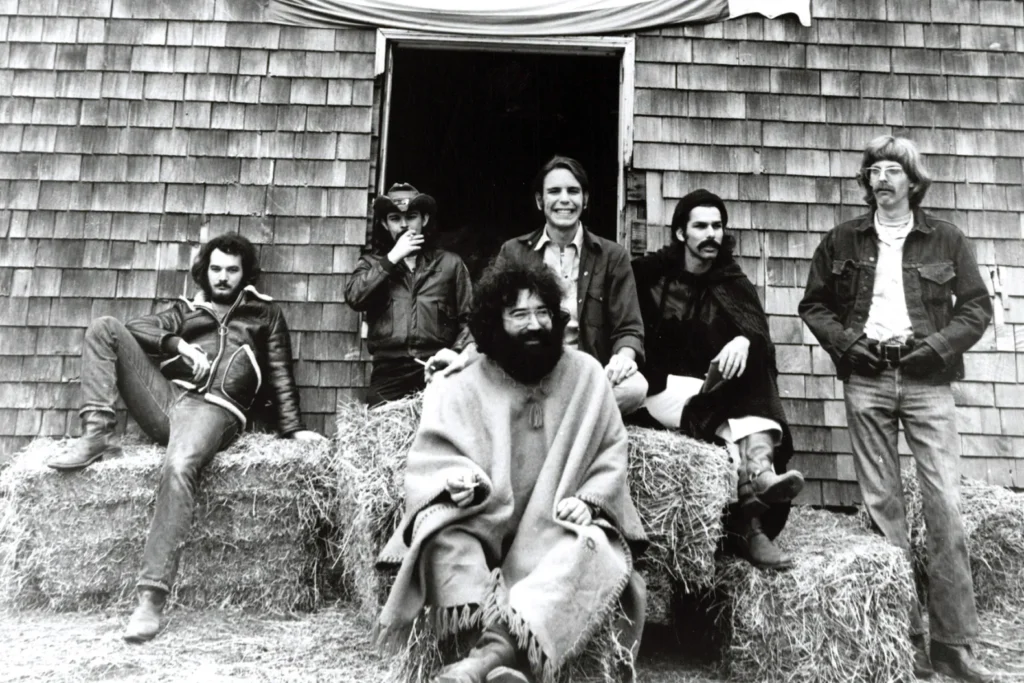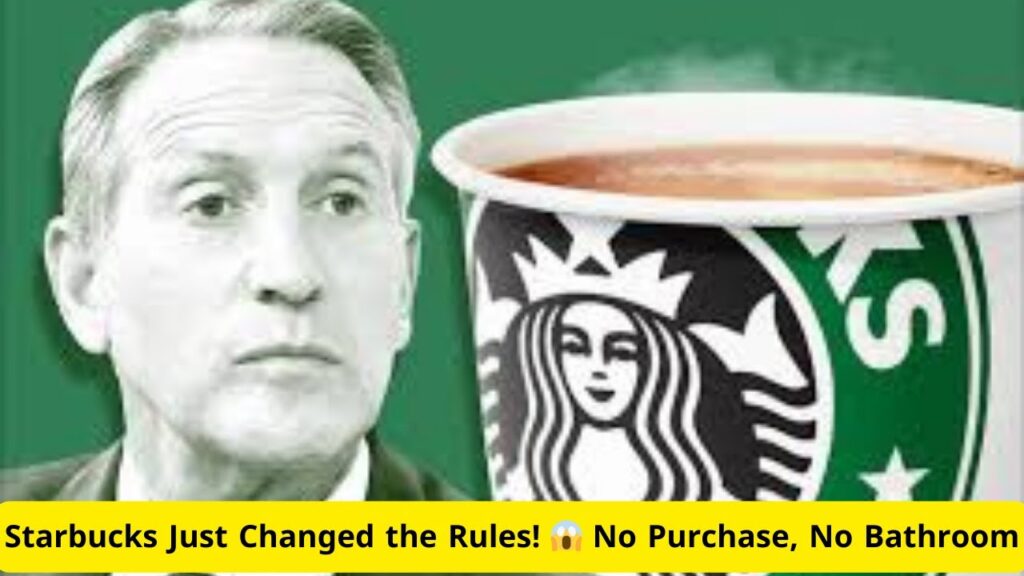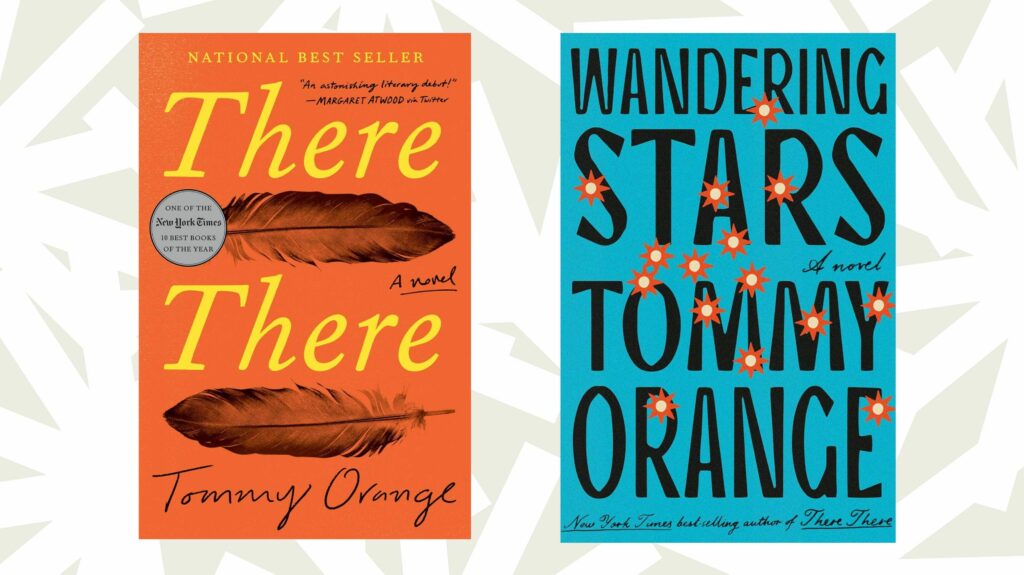 One of my favorite commercials now running is for the York Peppermint Pattie. It’s simply great advertising, showing and telling everything you need to know about this product experience in fifteen short seconds. Watch it here.
One of my favorite commercials now running is for the York Peppermint Pattie. It’s simply great advertising, showing and telling everything you need to know about this product experience in fifteen short seconds. Watch it here.
I wonder what the creative brief for this ad looked like. I’m hoping that the client got the strategy right from the start and that luck or divine creative intervention had nothing to do with this spot coming out so well.
Here’s the thing with creative briefs. Companies work hard and invest substantial resources into developing new products and improving those they already have on the market. So it’s no wonder that businesses diverse as software and toothpaste are eager to advertise those tangible benefits.
The focus of the creative brief is always a section titled something like “unique selling proposition,” “most important single point of difference,” “user value proposition,” or some variation thereof. This key point-of-difference does necessarily need to be rational or fact based, but it seems that more often than not, it is.
Packaged goods advertisers such as General Mills have been pounding away at this rationally based approach for decades with great success. Their formulaic commercials, served with generous helpings of slice of life, always reinforce some tangible benefit of the product. Lowers your cholesterol. 100% of important vitamins and minerals. High fiber with good taste.
It works for them. They don’t hit many home runs but they consistently move the runners around to score with lots of singles and doubles. They’re the equivalent of the baseball team that works out all winter, shows up early for spring training and then practices taking grounders, running the bases and all the other basics relentlessly.
Other packaged goods manufacturers, most notably P&G, have evolved further. P&G was always about the technical breakthrough, the new and improved product, the demonstrable reason-why their products were superior. Their products got your shirts whiter, were more effective in getting rid of your dandruff and gave you better dental checkups.
That’s all changed, I think for the better. A great example was the much heralded “Silence the Stain” Tide commercial that ran on the Super Bowl two years back. Watch it here. A spot on a man’s shirt comes to life during a job interview. The interviewer can’t take his eyes off of it. The distraction will cost this young man a shot at this job. So it’s still about effective cleaning, but it ladders up to the more important emotional benefits of confidence and freedom from embarrassment.
I happen to think that virtually all marketing communications must be emotionally driven no matter what the product or service category, though still based on some tangible, credible and truthful product benefit.
So back to Peppermint Pattie. Had the brief had been written by an old school packaged goods advertiser, the key benefit might simply have read, “The uniquely refreshing taste of cool peppermint and smooth dark chocolate.”
In fact, that’s the headline on their webpage. But look where they go with this. Watch the commercial to see the visceral reactions and feel the emotional impact of this “uniquely refreshing taste.” An attractive young woman unwraps the candy. A breeze blows through her hair. She bits her lip in anticipation. Her pupils dilate. Goose bumps appear on her skin. She takes a bite and gasps in delight.
Kind of like sex, right? Wow! Who wouldn’t want to feel like that after eating a candy bar? “The sensation” is the payoff here, and over the years, Peppermint Pattie, a Hershey’s brand, has done an excellent job of communicating an experience that adds up to far more than “cool peppermint and smooth dark chocolate.”
I think this spot had little to do with luck and more with great strategy. Here we have a client that pushed its agency to transcend the obvious, or a proactive agency that intuitively understood that there was a far more powerful message than a simple (albeit possibly unique) product description. The agency deserves credit for a great execution, either way.
You should never leave anything to chance on your creative briefs. Filling in the form mechanically, with little thought beyond the obvious, then trusting that an agency creative team will come up with something magical is not a smart way to work. Sometimes your agency might bail you out, but most often it won’t.
A creative brief with the vision to state its key benefit as “an taste experience arousing all the senses resulting in a state of bliss” is are more likely to yield stronger communications (and more market share) than “the only candy bar combing the great tastes of cool peppermint and smooth dark chocolate.”
The magic doesn’t happen in the “creative.” It starts with you, the client, and your vision for your brand.



